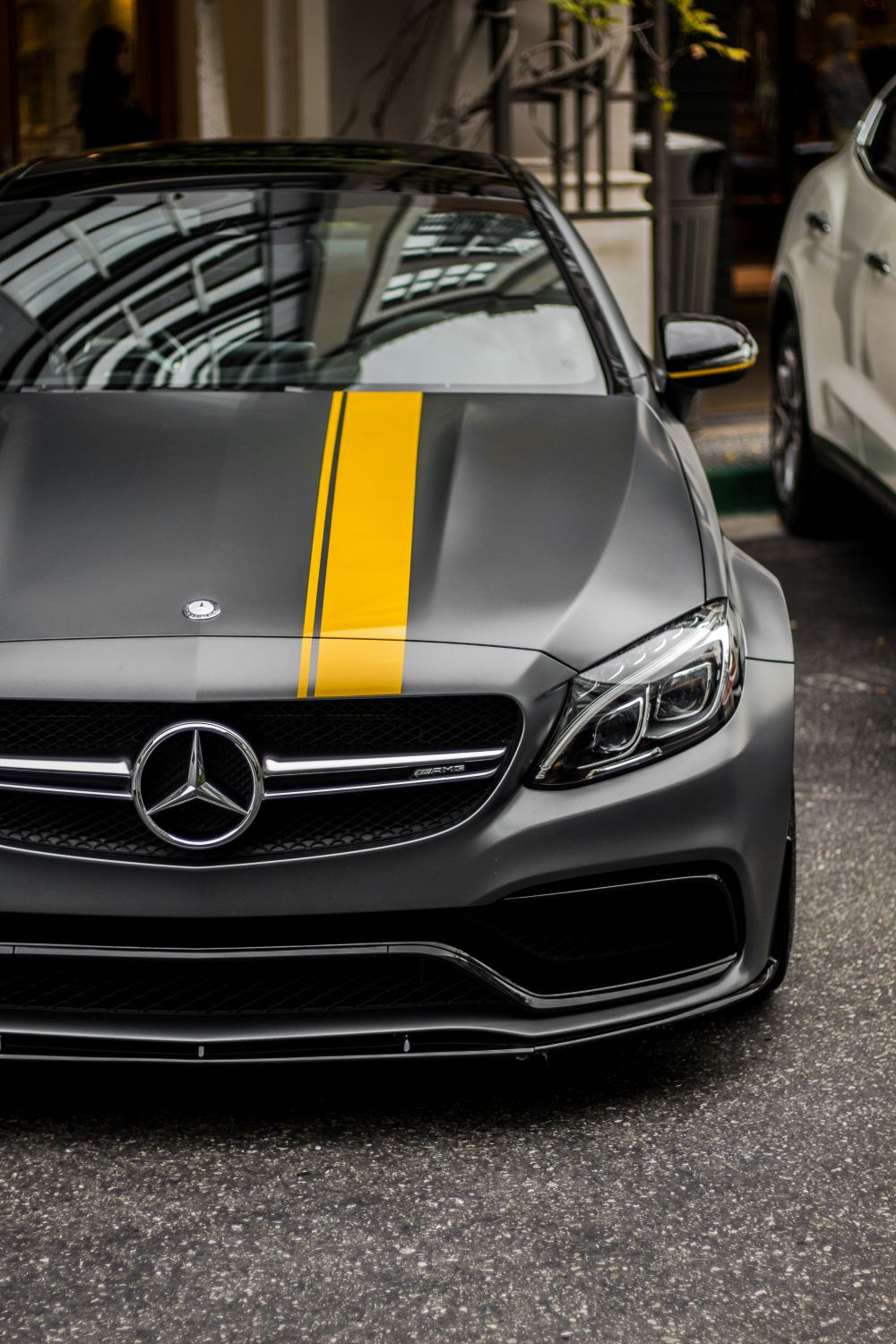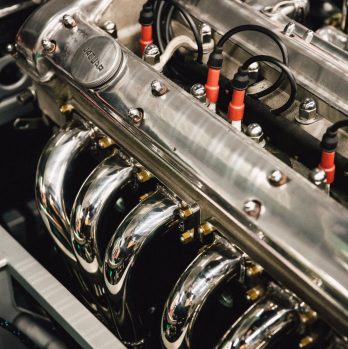Vilka bilmärken äger Volkswagen

?
Introduction:

Volkswagen, as a prominent player in the automotive industry, has a significant presence in the global market. Over the years, the company has strategically expanded its portfolio by acquiring various automotive brands. In this article, we will provide a comprehensive overview of the bilmärken (car brands) owned by Volkswagen. We will delve into the types of brands, their popularity, quantitative measurements, differences between these brands, historical perspectives, and crucial decision factors for car enthusiasts.
1. Overview of bilmärken owned by Volkswagen:
Volkswagen Group encompasses a wide range of car brands. Some of the notable ones include Audi, Porsche, SEAT, Škoda, Lamborghini, Bentley, Bugatti, and Ducati. These brands offer diverse products catering to different segments of the market, from luxury vehicles to motorcycles. Each brand operates with its own unique identity and positioning within the Volkswagen Group.
2. Comprehensive presentation of bilmärken owned by Volkswagen:
a. Types and characteristics:
– Audi: Known for its premium and innovative designs, Audi focuses on producing luxury and performance-oriented vehicles.
– Porsche: Recognized for its iconic sports cars, Porsche combines aesthetics with unrivaled driving experience.
– SEAT: Positioned as a stylish and affordable brand, SEAT targets younger demographics and emphasizes sporty features.
– Škoda: Focusing on practicality and value for money, Škoda offers reliable vehicles with spacious interiors.
– Lamborghini: Renowned for its powerful, extravagant supercars, Lamborghini delivers a thrilling and exclusive driving experience.
– Bentley: Synonymous with opulence and elegance, Bentley specializes in crafting luxury vehicles with impeccable craftsmanship.
– Bugatti: Known for its record-breaking speed and engineering excellence, Bugatti produces limited-edition hypercars.
– Ducati: A prestigious motorcycle brand, Ducati combines performance, design, and Italian heritage.
b. Popularity and market presence:
– Brand perception: Each bilmärken owned by Volkswagen has its own dedicated customer base and brand enthusiasts.
– Market share: Volkswagen Group, with its portfolio of brands, has gained a significant market share globally.
– Sales figures: Quantitative data of sales volumes and market performance showcase the popularity of each brand.
3. Quantitative measurements of bilmärken owned by Volkswagen:
a. Sales figures: Analyzing the number of units sold by each brand can provide insights into their market demand and success.
b. Revenue contribution: Measuring the financial contribution of each brand to the overall Volkswagen Group’s revenue illustrates their significance.
c. Market share analysis: Studying the market share and competitive position of each brand helps understand their standing in relation to other players in the industry.
4. Discussion on the differences between bilmärken owned by Volkswagen:
a. Brand positioning: Each brand has its own positioning, target market, and brand image. Understanding these differences is crucial for consumers looking for specific attributes in their choice of vehicles.
b. Design philosophy: Brands like Audi and Porsche focus on sleek and modern aesthetics, while brands like Škoda emphasize practicality and functionality.
c. Performance: The level of performance and driving experience can vary among the brands, catering to different preferences and needs.
d. Pricing: Depending on the brand’s positioning and target market, pricing strategies may vary, ranging from affordable options to exclusive luxury offerings.
5. Historical review of advantages and disadvantages of bilmärken owned by Volkswagen:
a. Advantages: Volkswagen’s acquisitions have enabled synergies in research and development, technological advancements, and market expansion. Cross-brand collaborations have also resulted in shared platforms and cost efficiencies.
b. Disadvantages: Some critics argue that brand dilution may occur due to the extensive brand portfolio owned by Volkswagen. They raise concerns about maintaining the uniqueness and individuality of each brand under the Group’s umbrella.
6. Crucial decision factors for car enthusiasts when purchasing a vehicle:
a. Performance: Car enthusiasts often prioritize factors such as acceleration, top speed, handling, and driving dynamics.
b. Design and aesthetics: The visual appeal, interior design, and overall styling of the vehicle heavily influence purchase decisions.
c. Technology and innovation: Features like advanced infotainment systems, safety technologies, and connectivity options play a significant role.
d. Brand perception: The reputation, heritage, and image associated with a specific brand hold importance for car enthusiasts.
e. Cost and value for money: Pricing, resale value, fuel efficiency, and maintenance costs are essential considerations for customers.
In conclusion, Volkswagen owns a diverse range of bilmärken offering various types of vehicles spanning different market segments. These brands have their own distinct characteristics, popularity, and market presence. Consumers can choose from luxury brands like Audi and Porsche to more affordable options such as SEAT and Škoda. Quantitative measurements, differences between brands, historical perspectives, and crucial decision factors further shape the perception and choices of car enthusiasts. By understanding the unique offerings of each brand, consumers can make informed decisions when exploring the Volkswagen Group’s extensive portfolio.
References:
– [Insert references here]











